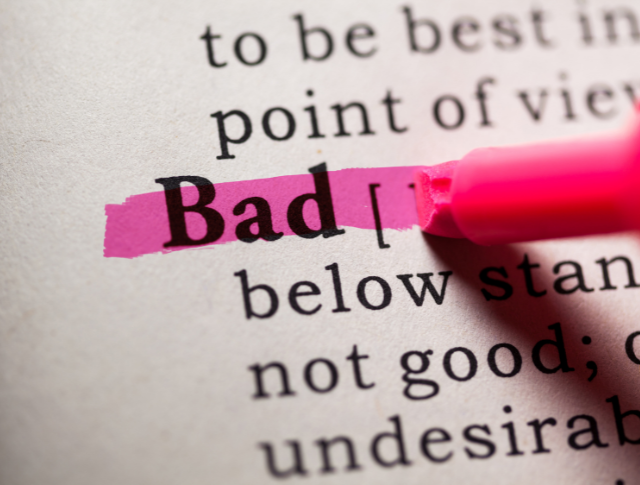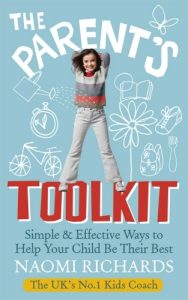
From working with children for over 18 years I have listened to many tell me that their friends or someone they aren’t too keen on, is doing something to them that they don’t like. It could be low-level bullying, or something else. They are not happy with whatever is happening, so parents need to help their child to find the right strategy for them to deal with the bad behaviour and make it stop.
If you have a child who complains about the way that others are treating them then try to get a clear idea of what exactly is happening. We need to be monitoring bad behaviour. The best way to do this is by getting your child to keep a journal of events/incidences that have occurred so they have it all written down on paper. Your child will need to write down what happened, who said what, what the other child did, what your child did and when it happened as it is important to see how regularly this bad behaviour is happening.
Monitoring Bad Behaviour Shows The Real Situation
Often children will say it happens every day but when they start writing down the incidents, they realise that it is not as frequent as they thought. This also works for children who say it does not happen often because they have blocked it out of their minds but it is happening every day. So, knowing how often is important for us as parents but it’s also useful information if you need to report the problem to the school.
It is also good to know what is being said or what is being done and how your child is responding to the bad behaviour. It may be that they are making the situation worse, or they are internalising something that is a joke or shouldn’t be taken personally. This will help them find a better way of handling the situation. Could they defend themselves better in the words that they use or not respond at all?
 Monitoring bad behaviour is a really useful tool if you have a younger child as their recall of events and timescales often are not representative of reality.
Monitoring bad behaviour is a really useful tool if you have a younger child as their recall of events and timescales often are not representative of reality.
If you fancy reading more about managing bad behaviour or other areas you want to help your child with, perhaps ‘The Parent’s Toolkit’ could help as it is full of ideas and strategies to help with a wide range of issues.
More Parenting Resources for Dealing with The Behaviour of Others
- Tips for dealing with friendship dramas
- Helping children to be assertive
- How to resist peer pressure
